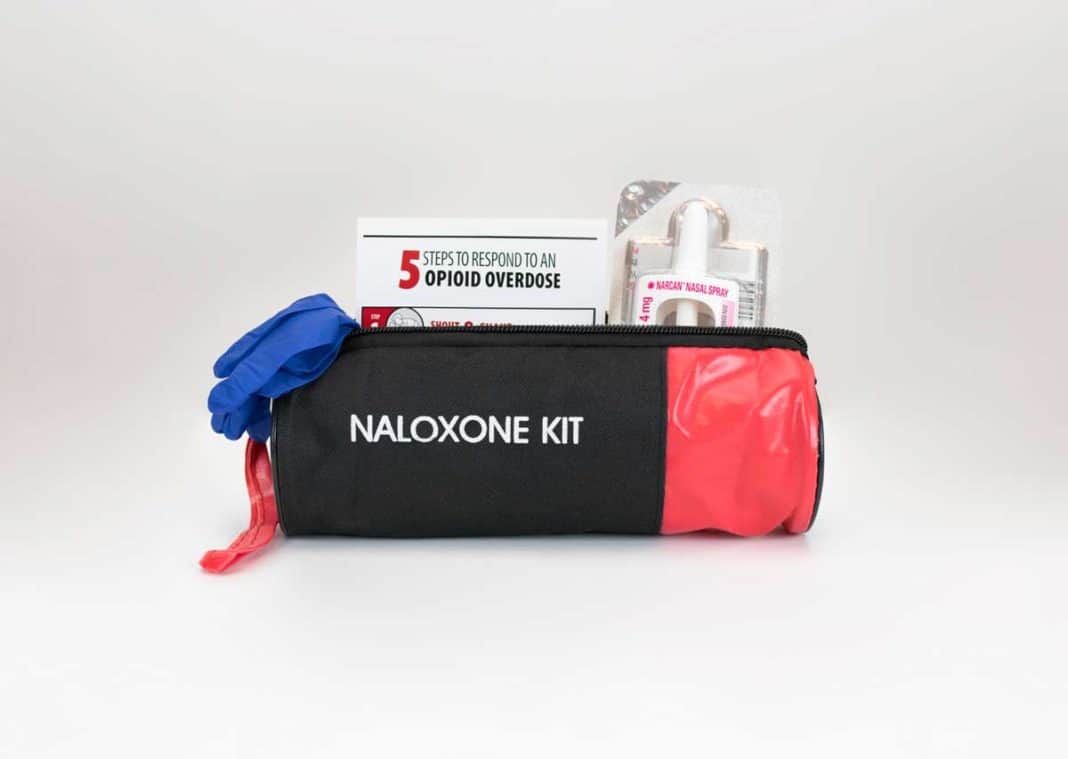MANITOULIN—Ontario’s Health Minister, Sylvia Jones, has announced the closure of 10 safe consumption sites across the province, igniting a wave of concern and sorrow among health-care professionals, advocates, and affected communities. This decision comes despite two government-commissioned reports strongly advising the continuation of these sites and increased funding to enhance safety and stabilize staffing.
The government’s decision marks a dramatic shift from harm reduction to a treatment-focused model, with Health Minister Jones citing increased crime rates and concerns from local residents as the primary reasons. However, this rationale has been met with intense criticism from those who see the closure as a step backward in the fight against the opioid crisis, which has claimed thousands of lives across Ontario.
Heidi Eisenhauer, executive director of Sudbury’s Réseau ACCESS Network, whose organization does harm reduction outreach work on Manitoulin, expressed profound disappointment in the government’s actions, emphasizing the critical role that harm reduction services play in saving lives. “It’s really unfortunate that the government is moving away from evidence-based measures,” Ms. Eisenhauer stated. “The reports from Unity Health and other health experts were very clear—these sites are essential, and more sites should be opened, not closed.”
Ms. Eisenhauer, who has been working in harm reduction since 1992, spoke to the broader implications of the closures, particularly the impact on those who are newly abstinent or in recovery. “Who is helping those folks that have been abstinent for two weeks to a month? Who is ensuring that they are safe after they have withdrawn and are forced back to the streets, where they might believe they still have the same tolerance? We are still losing people, and this decision only makes that worse.”
The decision follows a series of reviews initiated after the tragic shooting of Karolina Huebner-Makurat near a Toronto consumption site last year. While the government cites safety concerns as justification, Ms. Eisenhauer argues that the closure of these sites will result in more harm, not less. “Every life lost in this toxic drug crisis is preventable,” she said. “Harm reduction, including supervised consumption sites, saves lives. We should be offering more options, not fewer.”
Ms. Eisenhauer also criticized the government for neglecting the very evidence it commissioned. “Our applications were rejected, despite the fact that 10 of the 17 sites now earmarked for closure were in areas with historically high crime rates and close to schools. These sites were opened with government approval—whether Conservative or Liberal. And now, they’re being shut down with no regard for the consequences.”
The closure of these sites is seen by many as a devastating blow to harm reduction efforts in Ontario. Ms. Eisenhauer and others in the field warn that without these services, the province could see a sharp increase in preventable deaths, further deepening the opioid crisis. As communities brace for the impact, the future of those who depend on these life-saving services hangs in the balance, with many questioning the government’s commitment to protecting the most vulnerable.






